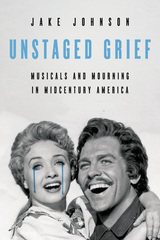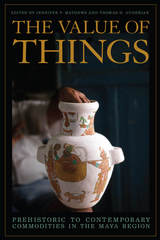9 start with C start with C
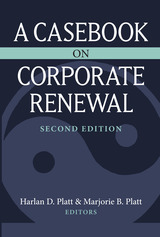
The cases challenge students to actively engage in the decision-making process in order to learn how corporate renewal is practiced in real business settings. The Casebook is meant to accompany the third edition of Principles of Corporate Renewal by Harlan D. Platt, but it can be adopted separately or used with other management textbooks.
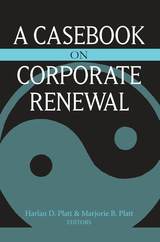
The cases challenge students to actively engage in the decision-making process in order to learn how corporate renewal is practiced in real business settings. The Casebook is meant to accompany the second edition of Principles of Corporate Renewal by Harlan D. Platt, but it can be adopted separately or used with other management textbooks.
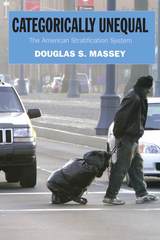
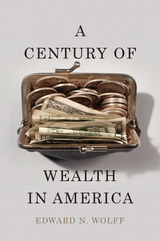
Understanding wealth in the United States—who has it, how they acquired it, and how they preserve it—is crucial to addressing the economic and political challenges facing the nation. But until now we have had little reliable information. Edward Wolff, one of the world’s great experts on the economics of wealth, offers an authoritative account of patterns in the accumulation and distribution of wealth since 1900.
A Century of Wealth in America demonstrates that the most remarkable change has been the growth of per capita household wealth, which climbed almost eightfold prior to the 2007 recession. But overlaid on this base rate are worrying trends. The share of personal wealth claimed by the richest one percent almost doubled between the mid-1970s and 2013, concurrent with a steep run-up of debt in the middle class. As the wealth of the average family dropped precipitously—by 44 percent—between 2007 and 2013, with black families hit hardest, the debt-income ratio more than doubled. The Great Recession also caused a sharp spike in asset poverty, as more and more families barely survived from one paycheck to the next. In short, the United States has changed from being one of the most economically equal of the advanced industrialized countries to being one of the most unequal.
At a time of deep uncertainty about the future, A Century of Wealth in America provides a sober bedrock of facts and astute analysis. It will become one of the few indispensable resources for contemporary public debate.
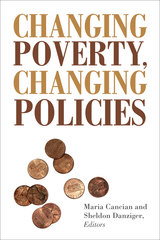
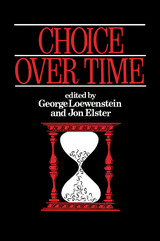
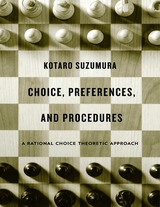
Kotaro Suzumura is one of the world’s foremost thinkers in social choice theory and welfare economics. Bringing together essays that have become classics in the field, Choice, Preferences, and Procedures examines foundational issues of normative economics and collective decision making.
Social choice theory seeks to critically assess and rationally design economic mechanisms for improving human life. An important part of Suzumura’s contribution over the past forty years has entailed fusion of abstract microeconomic ideas with an understanding of real-world economies in a coherent analysis. This volume of selected essays reveals the evolution of Suzumura’s thinking over his career. Groundbreaking papers explore the nature of individual and social choice and the idea of assigning value to freedom of choice, different forms of rationality, and concepts of individual rights, equity, and fairness.
Suzumura elucidates his innovative approach for recognizing interpersonal comparisons in the vein of Adam Smith’s notion of sympathy and expounds the effect of paying due attention to nonconsequential features, such as the opportunity to choose and the procedure for decision making, along with the standard consequential features. Analyzing the role of economic competition, Suzumura points out how restricting competition may, in some circumstances, improve social welfare. This is not to recommend government regulation rather than market competition but to emphasize the importance of procedural features in a competitive context. He concludes with illuminating essays on the history of economic thought, focusing on the ideas of Vilfredo Pareto, Arthur Pigou, John Hicks, and Paul Samuelson.
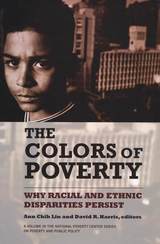
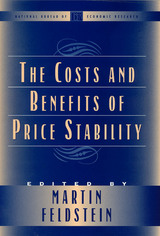
In a seminal article published in 1997, Martin Feldstein developed a framework for calculating the gains in economic welfare that might result from a move from a low level of inflation to full price stability. The present volume extends that analysis, focusing on the likely costs and benefits of achieving price stability not only in the United States, but in Germany, Spain, and the United Kingdom as well. The results show that even small changes in already low inflation rates can have a substantial impact on the economic performance of different countries, and that variations in national tax rules can affect the level of gain from disinflation.
READERS
Browse our collection.
PUBLISHERS
See BiblioVault's publisher services.
STUDENT SERVICES
Files for college accessibility offices.
UChicago Accessibility Resources
home | accessibility | search | about | contact us
BiblioVault ® 2001 - 2025
The University of Chicago Press


